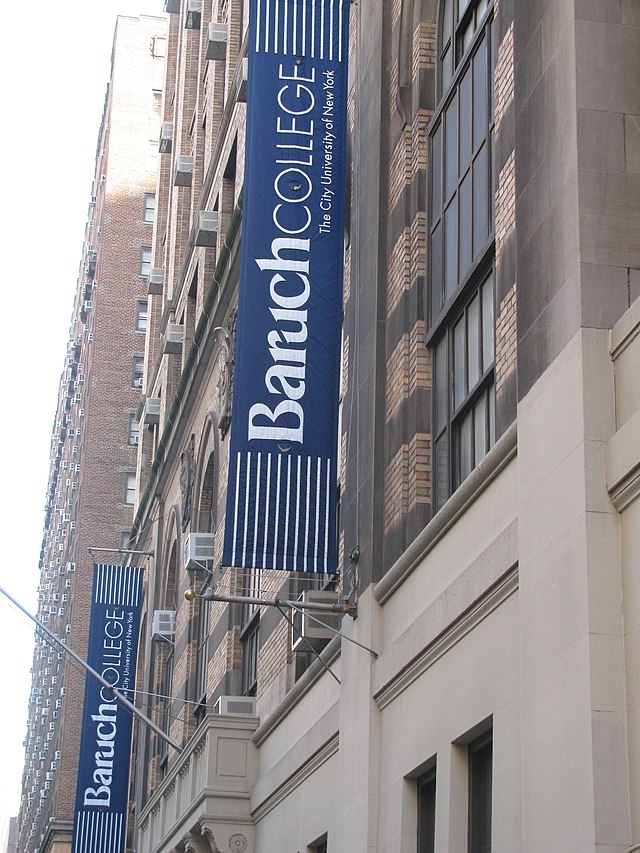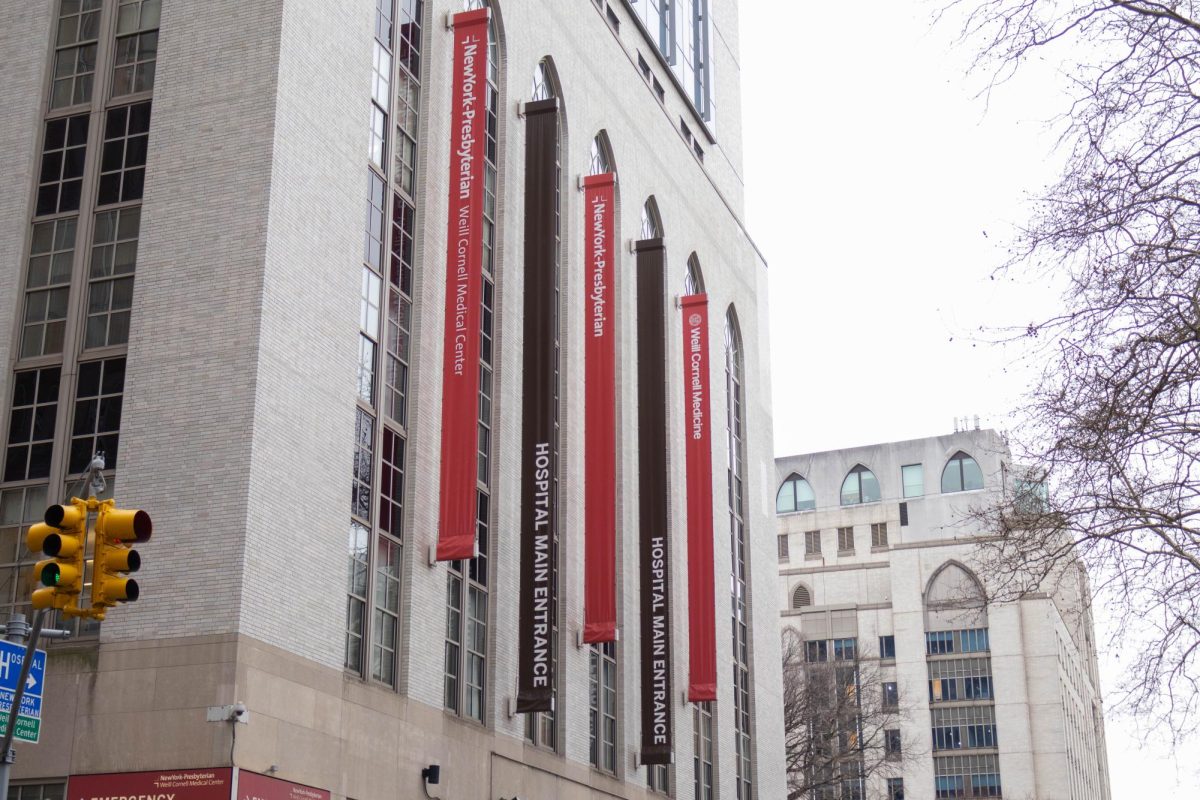Baruch College has announced that Zicklin students working towards their BBA degree are able to select a concentration in a liberal arts and sciences discipline for their major.
Students who are interested in choosing a Weissman Concentration for their major must complete the Weissman Concentration Declaration Form for BBA Students. The form must be approved by the Associate Dean’s Office, which allows the student’s DegreeWorks to be updated to access the required courses for their concentration.
However, if a student is unsure which Weissman Concentration they’d like to commit to, they may also apply for a minor in liberal arts and sciences discipline to explore their options.
While these students will be required to take the prerequisites and necessary courses for the selected Weissman Concentration, they will be waived from the College Option classes and Weissman Core classes. These Zicklin students will not have to take COM 1010 or two semesters of foreign language.
There are a handful of guidelines Zicklin students must follow in order to be eligible for a Weissman Concentration.
Students must take at least 60% of the Weissman Concentration courses at Baruch and are “expected to follow the Concentration requirements in place at the time of their declaration.” Additionally, students may not use the same course for their major and second concentration, may not swap a BA in Weissman for a second Concentration in Zicklin and must have a minimum GPA of 2.0.
An important disclaimer to note is that the Weissman Concentrations may not be covered by TAP or Excelsior. Additionally, Baruch doesn’t offer dual degree programs. Therefore by applying for a Weissman Concentration, the student will not be receiving a BBA and a BA, but rather, their concentration will be noted on their transcript after graduation.
What is the benefit of taking liberal arts classes? The ideals that are taught in liberal arts classes include communicating ideas effectively through speech and writing, reading a wide variety of literature and learning how to conduct independent research. All are important skills to have in the finance industry.
Jonathan Jones, a recruiter for Goldman Sachs said this about liberal arts majors, “Interpersonal and communications skills, as well as a hunger for knowledge, are enormously important [in the banking industry]…” Michal Redley, vice-chairman of investment banking at J.P. Morgan, had a similar sentiment, adding onto Jones by saying, “Our traders are selling and dealing with people. You need some communication and presentation skills.”
Additionally, the central skills necessary to succeed in the finance field can be learned during training once you’re hired. Your background education can give you a head start, but it doesn’t make or break your chance of having a successful career in the field.
Survey results from The Association of American Colleges and Universities also show that people change jobs and careers more often than they have in the past. With a liberal arts background students will be adapted and well-equipped to handle career changes and shifts in the job market.









